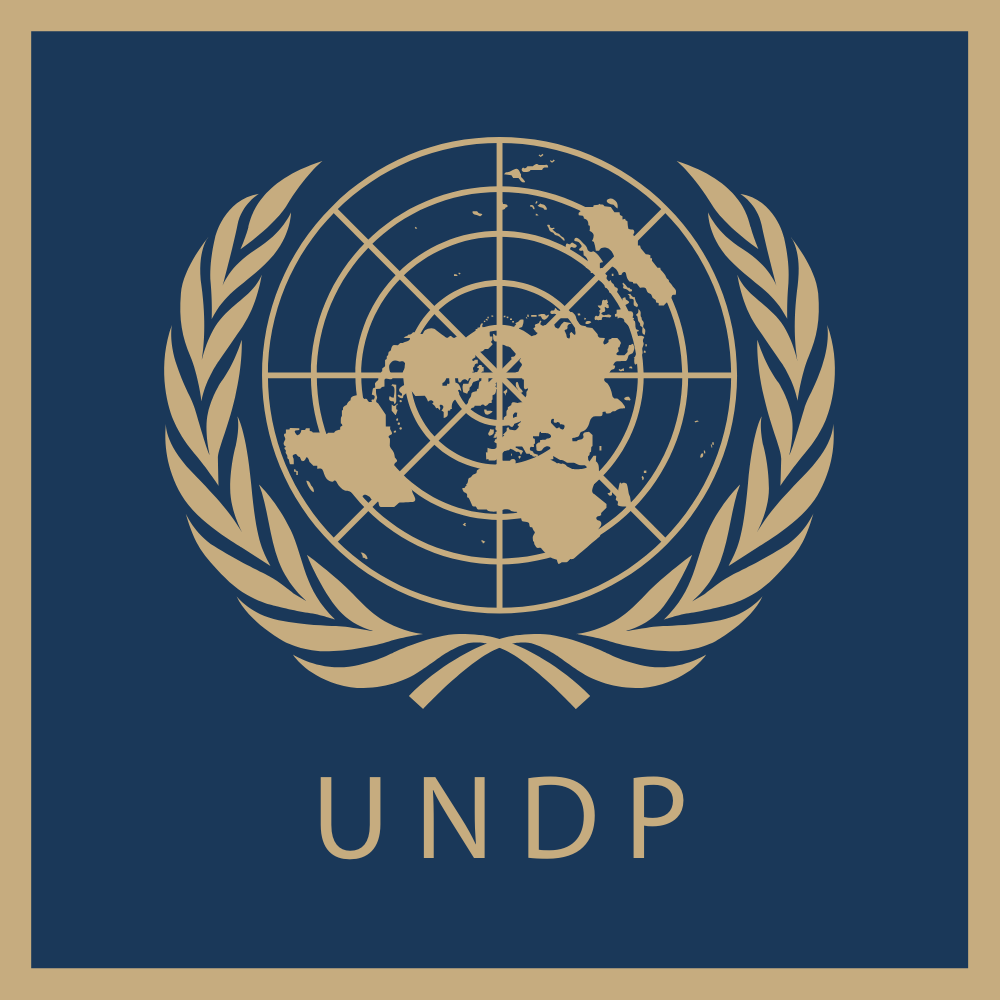General assembly
United Nations Development Programme
Urbanization is one of the defining trends of this century and a key driver of development. By 2050, around 70% of the world’s population will be living in cities and towns. However, urban centers across the world are experiencing decay for a variety of different reasons. The failure of urban planning, changes in socioeconomic conditions, suburbanization, urban sprawl, and economic deprivation all contribute to depriving those in urban areas of services and economic opportunities. Cities also use 75% of global energy and are responsible for 70% of global carbon emissions. As the world spirals closer to a global climate crisis, the UNDP has been called to take action in these two crises by pushing cities across the world for an effective, safe, and sustainable renewal.
Specialized agencIES
US Department of the Interior: Bureau of Indian Affairs
The US Bureau of Indian Affairs is a federal agency focused on enhancing the quality of life, promoting economic opportunities, and protecting and improving the trust between the government and American Indians and Alaska Natives. Today, these communities face a plethora of different challenges and crises. This includes but is not limited to: high rates of assault, abduction, and murder of tribal members; low economic opportunities; challenges in administering health care services; and threats from erosion, flooding, or thawing permafrost. The Bureau of Indian Affairs is split into 12 regions across the US and 21 agencies each with their own functions. They have been tasked with addressing climate change, restoring ecosystems, ensuring clean drinking water, reviving economic opportunities, and enhancing communities' quality of life.
BR-ENTER: EU Council, 2025
January 31, 2020 at 6:00 PM Eastern Standard Time, the UK acted on a referendum to leave the EU. Now, after a few years of regret, it wants to rejoin. Member states of the EU will be sending delegations to the BRENTER conference to handle and discuss this issue. They will be tasked with discussing things like economic reintegration, treaties and legislation, defense and security, political and social integration, and any other consequence of the UK rejoining the EU. More broadly they are tasked with the future of the EU and all of Europe. The decisions this board makes will change the future in ways that directly affect each member country and could have devastating consequences. These delegations must work together to discuss how to handle the UK and any consequence that emerges.
Crisis Committees
Building Better Worlds: The Weyland-Yutani Corporation, 2131
A company faced with numerous profiteering, trafficking, and weapons treaty violations in the name of the bottom line, the Weyland-Yutani Corporation has been the single largest contributor to humankind’s uncontrolled growth in the past century. With its starships cluttering the skies above off-world colonies, and trillions of tons of raw minerals supplying further galactic proliferation, a question is on everyone’s mind— “When will it end?” In recent years, the first cracks have begun to show: profits are down, scandals are abound, and rival companies circle ever closer. In the name of averting the largest financial crisis in history, the board of directors have gathered on a newly built space station.
In other news, concerning reports of some sort of creature single-handedly destroying colonies and ships are becoming increasingly common….
The Sack of Constantinople: Byzantium, 1204
Constantinople, the center of the Roman world, is burning. For centuries it has stood against every assault, but finally fell to an army sent to save it: crusaders. These warriors from the West have cut out the heart of the Byzantine state and turned it into the center of a new Latin Empire, which pledges to subjugate the remaining Romans and convert them to the Catholic church. The last usurpers and imperial court members have fled the capital in every direction from Greece to Anatolia, leaving the Roman people leaderless in their time of greatest need. This committee, a collection of royal family members, officials, generals, and foreign envoys, must decide how to respond to this event, and fight back against the Fourth Crusade.
What Could’ve Been: Piltover-Zaun Peace Conference
Two cities, once united into one, are now separated but symbiotic societies. The industrial, polluted undercity of Zaun is known as a haven for illegal activity, with its winding alleyways and countless factories. Even so, the people of Zaun have still found ways to prosper. Above it lies Piltover, a glittering antithesis to everything Zaun is. Also known as the City of Progress, Piltover is a regional center of culture and trade, with a penchant for technological progress. On account of recent events, tensions between the two cities have risen to almost a boiling point. Now, this meeting will determine where the future lies for the two cities. Will agreements be reached, or will the situation spiral into even greater chaos?
In the Wake of Bolsonaro: Brazilian Presidential Cabinet, 2023
After riots following the 2022 Brazilian presidential election and the swearing-in of President Lula de Silva, Brazil is a nation in crisis. With a 1.8% margin, the results of the election are being contested by Bolsonaro and his supporters. Cases of political violence prior to and following the election from Bolsonaro supporters have also been rampant. In addition to addressing the issues of election fraud and maintaining de Silva’s political legitimacy, the members of his cabinet must navigate the complex and multifaceted issues of Brazil's deforestation and environmental policy and the direction of international relations. What will the future of Brazil under this administration look like?
Hybrid Committees
Association of South Eastern Nations: South China Sea
China has increasingly encroached upon the South China Sea, violating the claims of several ASEAN member states. In response, ASEAN has called an emergency session to address Chinese aggression, particularly in light of the Chinese attacks on Filipino boats and naval bases. Action must be taken to ensure the sovereignty of ASEAN member states. Member states must put aside historical differences to address the rising tensions caused by an emboldened China.
This committee is double delegation and a UNSC equivalent
Joint Crisis Committees
Sino-Soviet Split: Soviet Union
Comrades, while the relations with the Chinese Communist Party have been degrading for some time, Stalin’s death has caused a great upset in the USSR’s relationship with China. Our cooperation with the West during World War II and its policy of coexistence with western countries has caused an ideological divide between the two communist nations. Is this divide able to be bridged, or is it too late to get the Soviet Union and China back on the same path?
Sino-Soviet Split: China
Following the Soviet Union’s path of so-called “De-Stalinization,” the Party has begun to separate itself from the uniform communist ideology the two countries once held. The Soviet Union’s increased collaboration with India is also a concern, as the USSR’s position on the ongoing border dispute is unclear. The recent Taiwan Straits crisis has shown the Chinese government and the Soviets are unwilling to stand against the western threat, leaving several paths forward towards a secure future.











